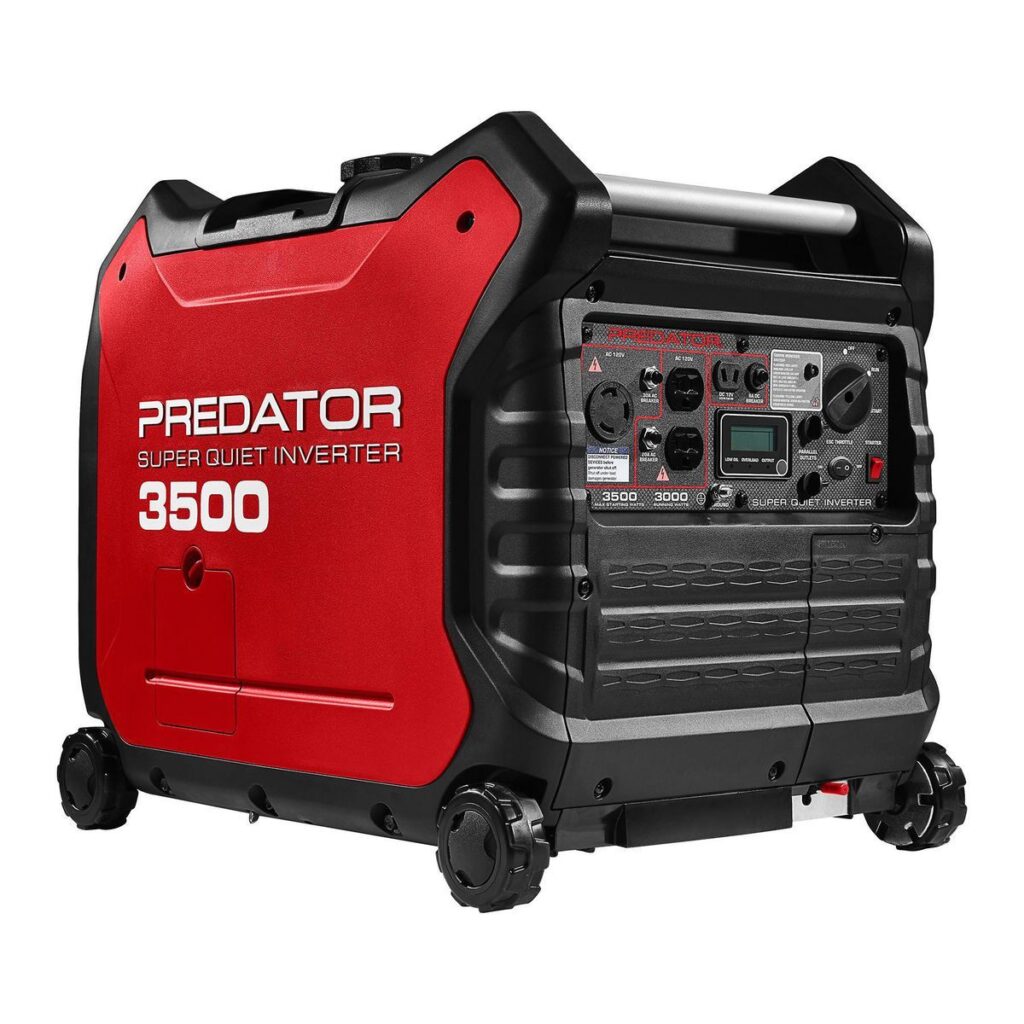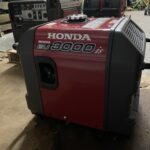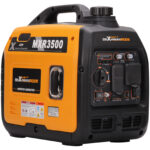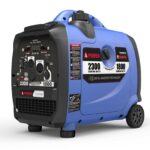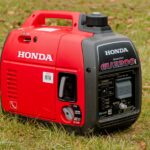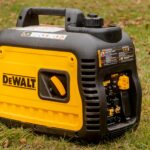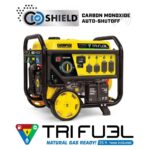Are you looking for the quietest generator for your home or business? You’ve come to the right place! In this article we will go over the various types of generators available, from portable generators to standby generators, and discuss the various features to consider when choosing the quietest generator for your needs. We’ll also provide some tips on how to reduce noise levels and keep your generator as quiet as possible. With the right information and planning, you can find the perfect generator for your home or business. Let’s get started!
Types of Generators
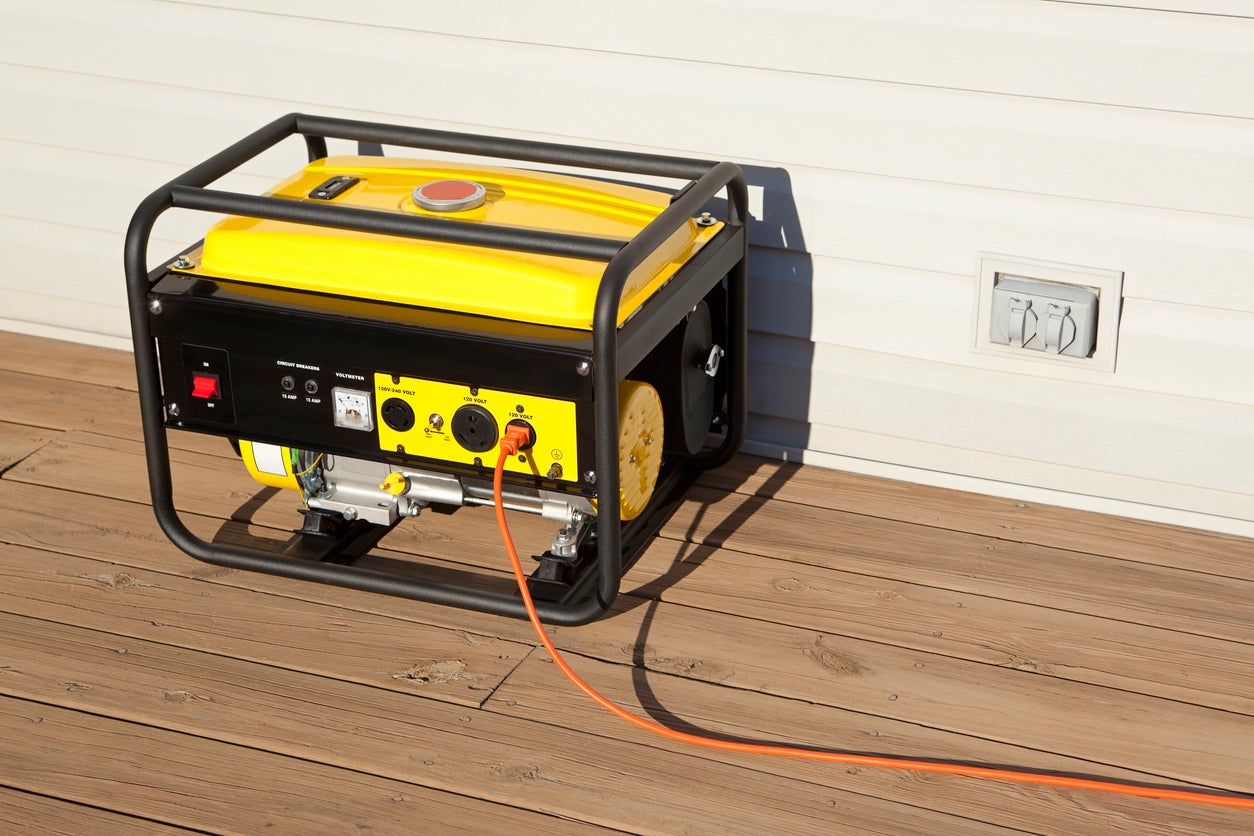
| Generator Type | Usage |
|---|---|
| Portable | Home, RV, camping, construction, emergency |
| Inverter | Quiet, fuel efficient, sensitive electronics |
| Standby | Whole-house backup, requires installation |
| PTO | Mounted to a tractor, used for farm work |
| Diesel | Heavy-duty, higher wattage, commercial use |
| Gasoline | Standard, lower wattage, construction/emergency |
Generators are an essential item for reliable power in various settings. Different types of generators are used for different purposes. Portable generators are the most popular and are used for a variety of activities, such as home, RV, camping, construction, and emergency power. Inverter generators are quieter and more fuel-efficient, and are designed to power sensitive electronics. Standby generators are installed in a home to provide backup power in the event of a power outage. PTO generators are mounted to a tractor and used for farm work. Diesel generators are more powerful and are used for commercial and industrial applications. Gasoline generators are the most common type and are used for lower wattage applications, such as construction or emergency power.
Portable Generators
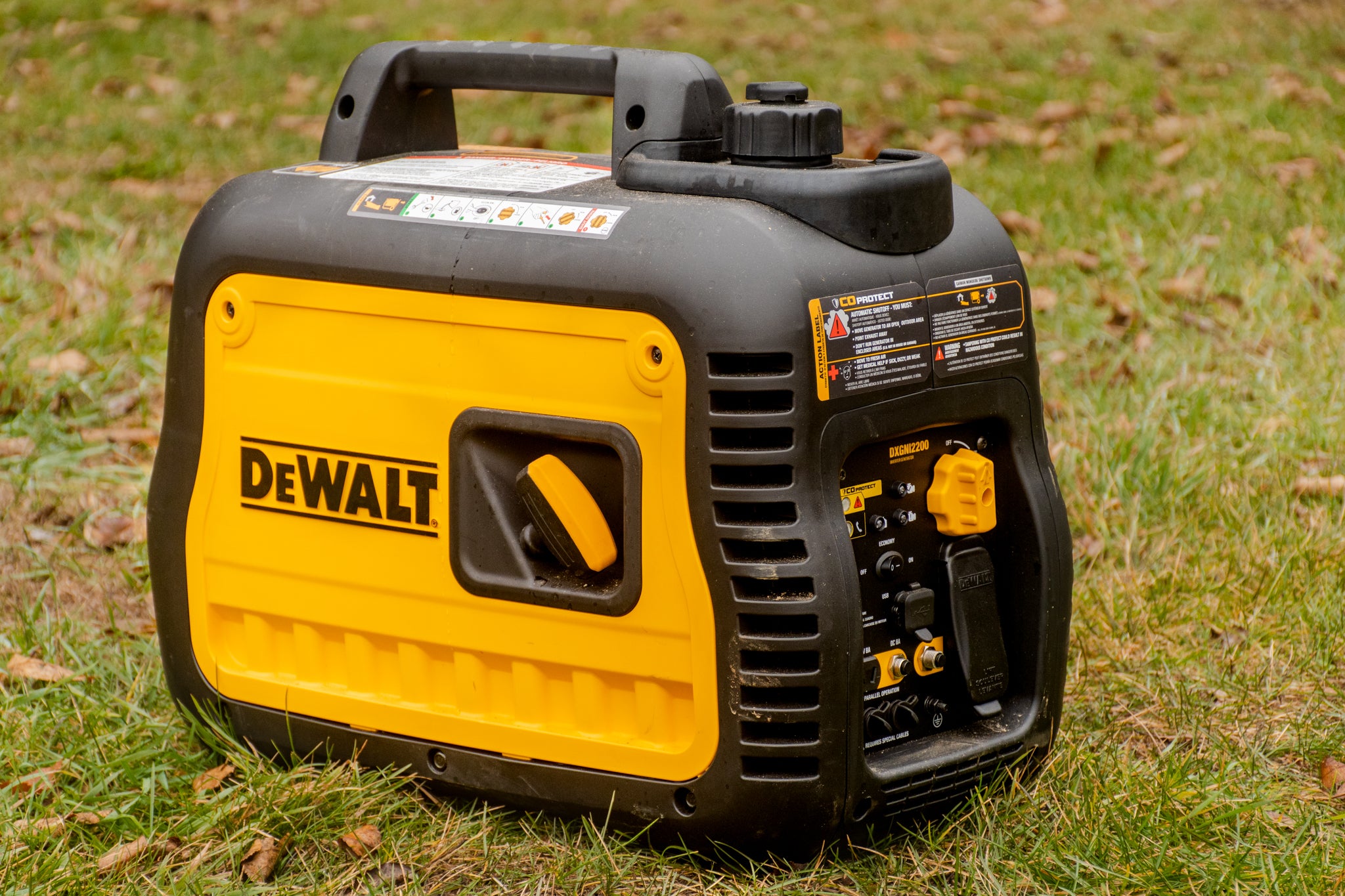
- Offer convenience and mobility.
- Ideal for camping, tailgating, or emergency power.
- Range from 1,000-12,000 watts of power.
- Compact and lightweight.
- Fuel options include gas, propane, and diesel.
- Can be used with inverter technology for quiet operation.
- Many models feature electric start and remote control.
- Easy to transport.
- No installation required.
Standby Generators
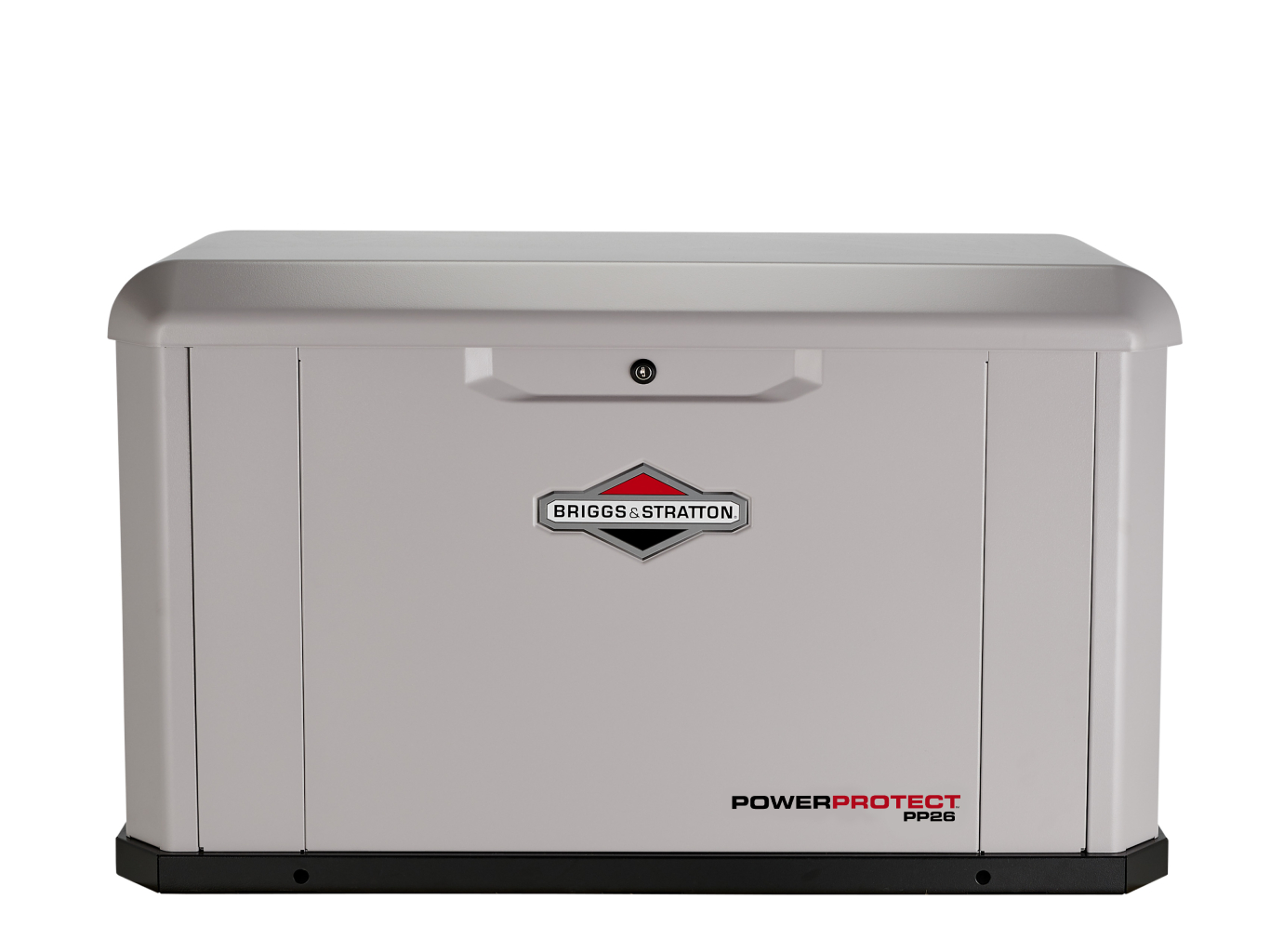
Standby generators are the most reliable and quietest type of generators for residential use. They are fueled by natural gas or propane, making them more durable and efficient than other types of generators. Standby generators are installed directly into your electric panel and are connected to your fuel source, allowing them to automatically kick on in the event of an outage. Standby generators are the most efficient and quietest option for residential use thanks to their sound-proof enclosures, allowing them to run at noise levels similar to a household appliance. Additionally, standby generators are equipped with a maintenance-free, long-lasting engine that runs on natural gas or propane, meaning they require little to no maintenance.
Inverter Generators
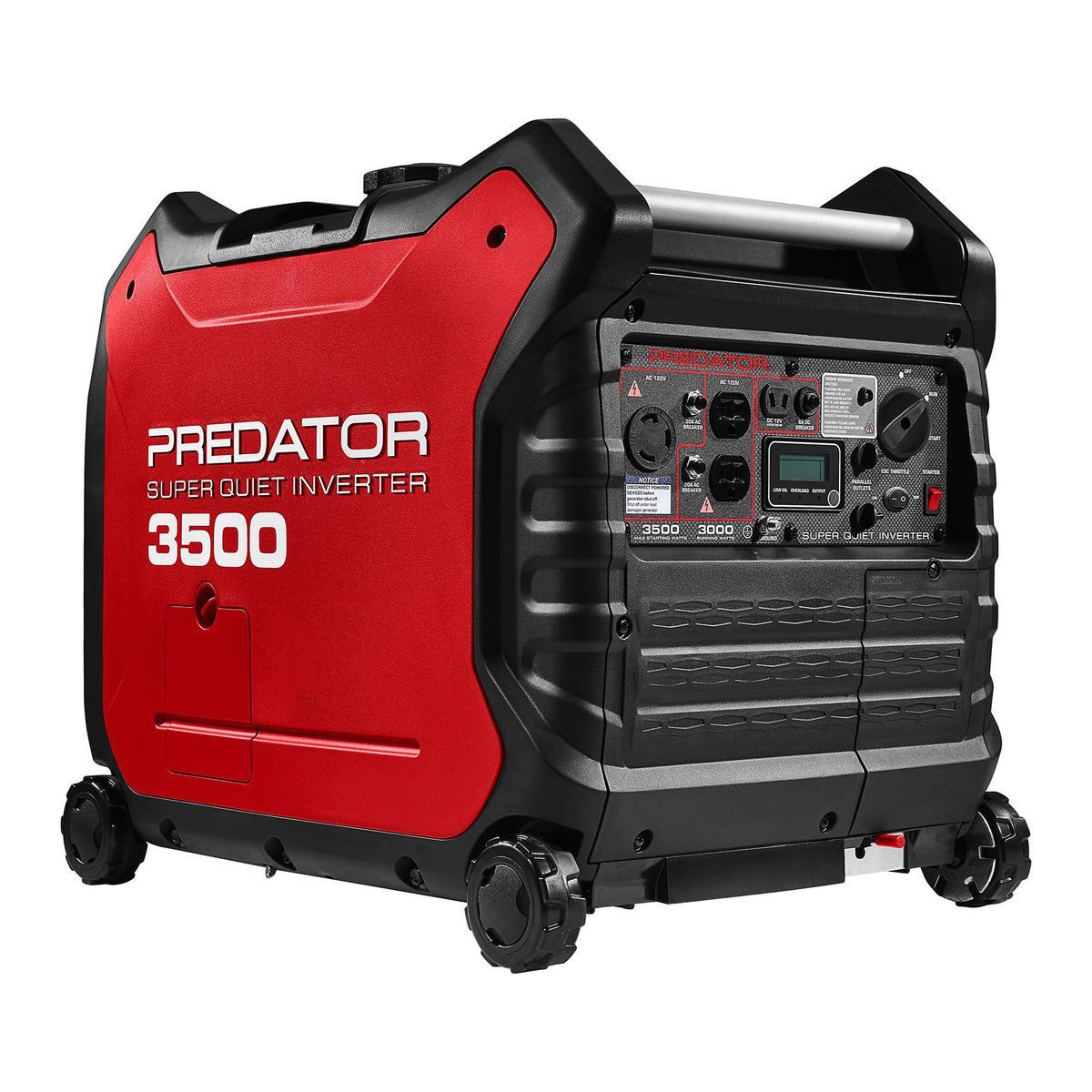
Advantages of Quiet Generators
Quiet generators offer a number of advantages over traditional generator designs. They are designed to reduce noise, which makes them ideal for residential or commercial use. They also tend to be smaller and lighter than traditional generators, which can make them easier to transport and store. Furthermore, they generate clean power, making them ideal for powering sensitive electronics. Finally, they are more fuel efficient, which can help save money.
Factors to Consider When Choosing the Quietest Generator
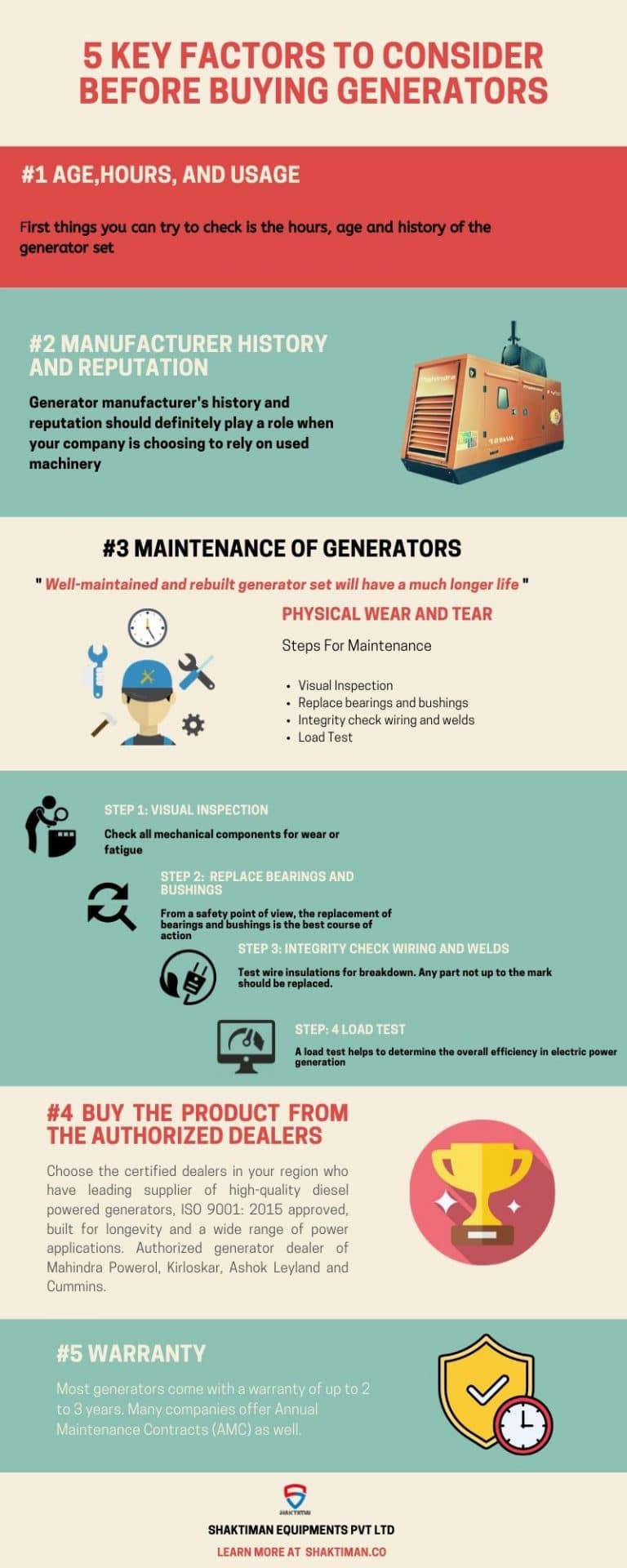
| Factors | Description |
|---|---|
| Noise Level | Noise level is the most important factor to consider when choosing a generator. Look for a generator that produces the lowest decibel rating. The quietest generators produce noise levels between 50-60 dB. |
| Engine Size | The larger the engine size, the more powerful the generator, but this also means that it will produce a louder noise. Smaller engines typically produce less noise. |
| Fuel Type | Gasoline-powered generators are usually louder than diesel or propane-powered generators. If noise is a concern, it is best to opt for a diesel or propane-powered generator. |
| Location | The location of the generator will also affect the noise level. If possible, install the generator in an outdoor area that is away from windows, doors and other noise-sensitive areas. |
| Inverter Generator | Inverter generators are quieter than traditional generators and produce less noise. They also run more efficiently and are great for powering sensitive electronics. |
When choosing a generator, it is important to consider the noise level, engine size, fuel type, location, and inverter generator. Noise level is the most important factor to consider as the quietest generators produce a noise level between 50-60 dB. The larger the engine size, the more powerful the generator, but this also means that it will produce a louder noise. Gasoline-powered generators are usually louder than diesel or propane-powered generators. If noise is a concern, it is best to opt for a diesel or propane-powered generator. The location of the generator will also affect the noise level. If possible, install the generator in an outdoor area that is away from windows, doors and other noise-sensitive areas. Inverter generators are quieter than traditional generators and produce less noise. They also run more efficiently and are great for powering sensitive electronics.
Size
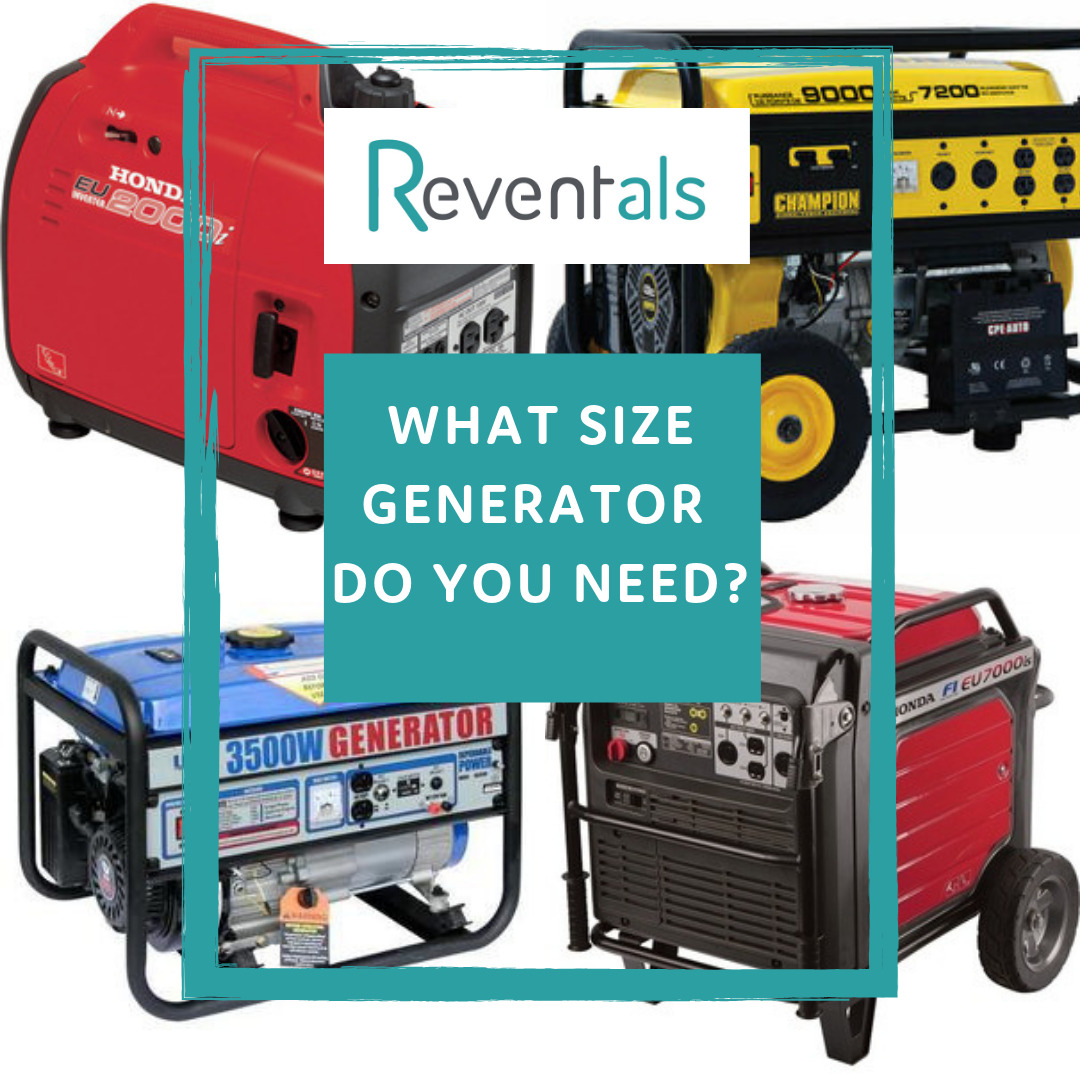
Quietest generators come in different sizes and shapes. Small and compact generators are designed for limited space and lightweight applications. Medium-sized generators are best suited for mid-sized applications, while larger generators are designed for larger applications. The size of the generator should be chosen according to the application and environment it will be used in. The size of the generator should also be balanced with the power output needed.
Noise Level
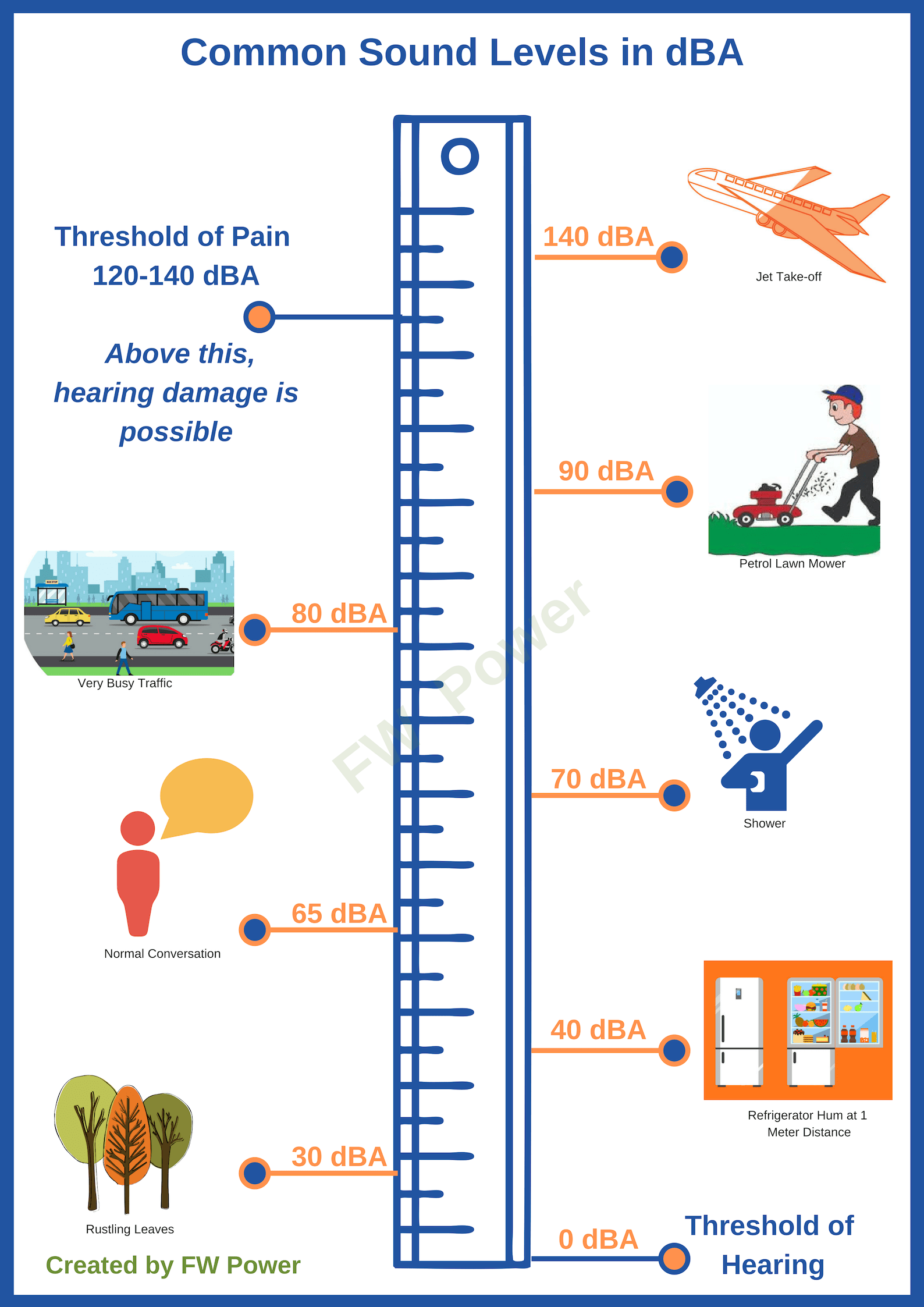
Quietest generators produce power with minimal disturbance to nearby areas. The noise levels of these generators are typically below 60 decibels (dB), which is the level of a normal conversation. This makes them suitable for residential areas and other noise-sensitive locations. Quietest generators are also designed to be vibration-free, ensuring further peace and quiet in the surrounding areas.
Power Output
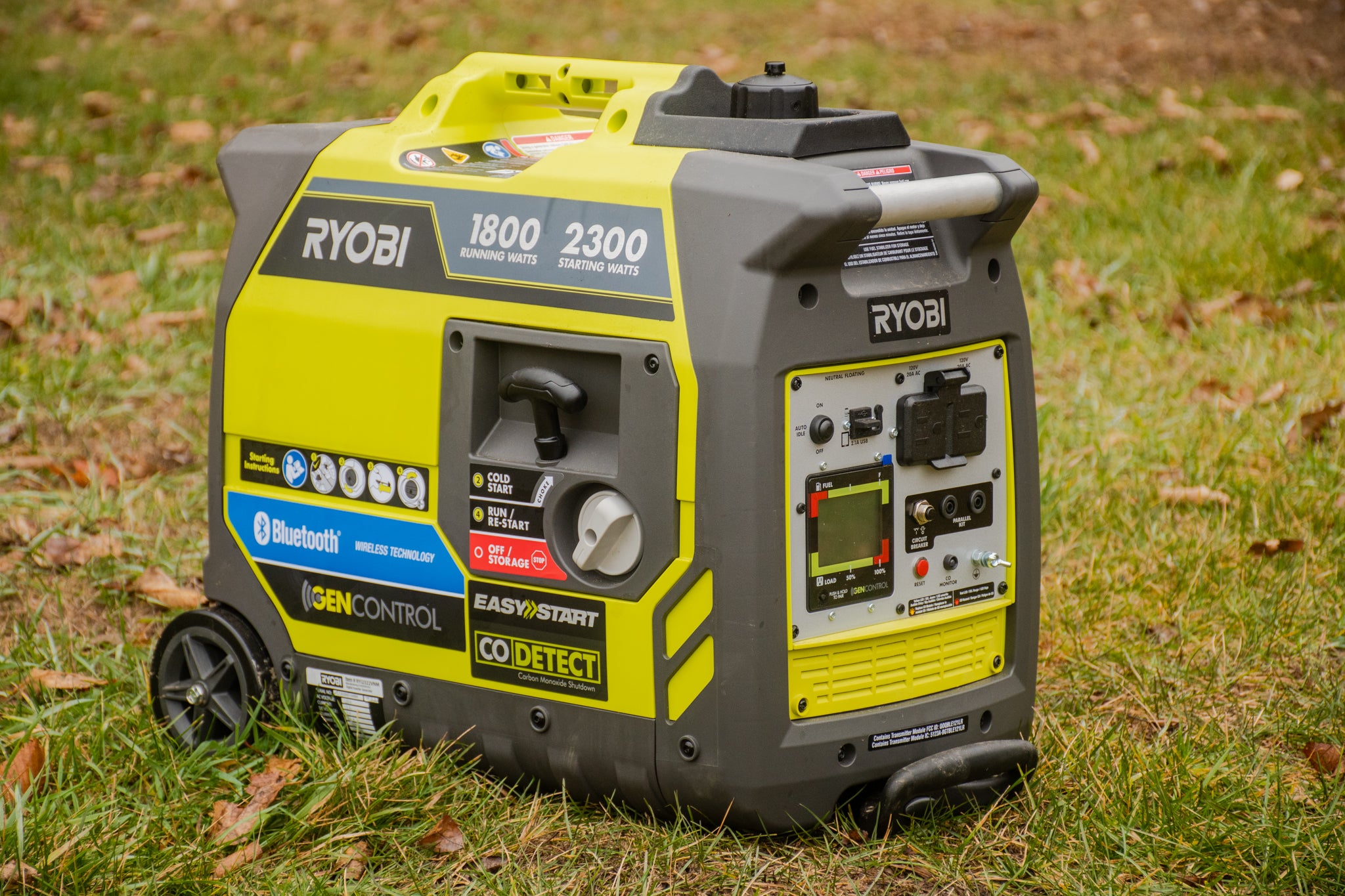
| Generator Model | Power Output (kW) |
|---|---|
| Model A | 3 |
| Model B | 6 |
| Model C | 9 |
The power output of the quietest generator comes in three models: Model A, Model B, and Model C. Model A has a power output of 3 kW, Model B has 6 kW, and Model C has 9 kW.
Fuel Efficiency
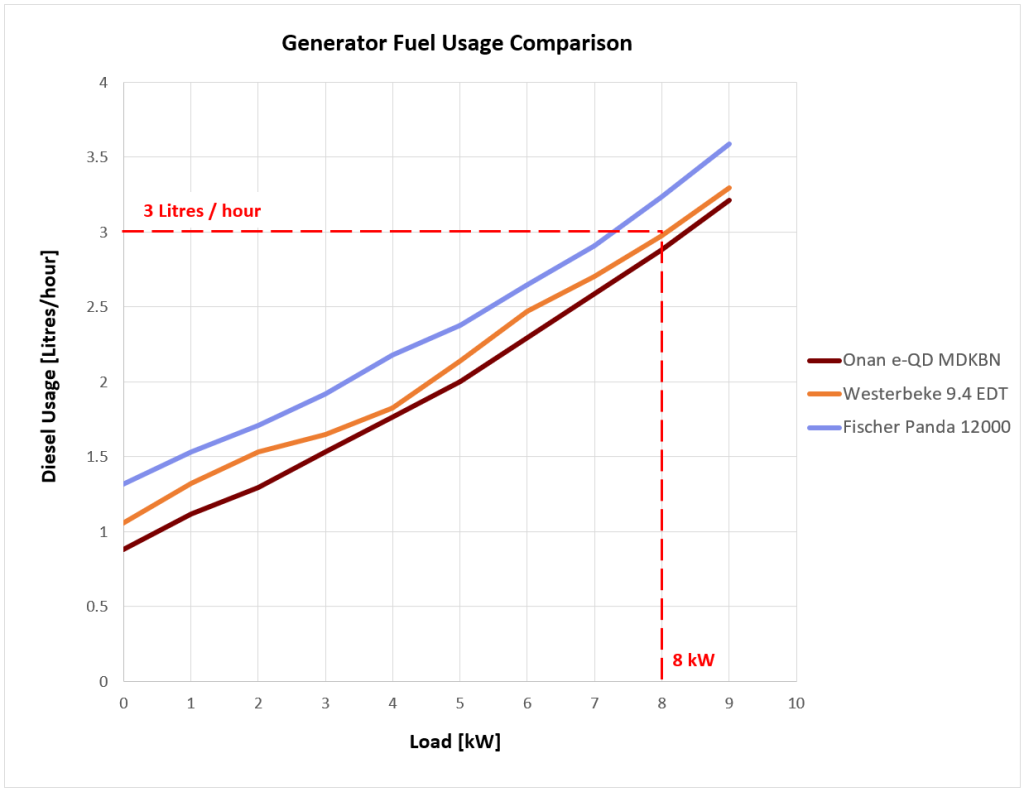
- Generators with high fuel efficiency consume less fuel per hour, resulting in lower running costs and less frequent refueling.
- High fuel efficiency reduces harmful emissions from the generator, making them more environmentally friendly.
- Generators with high fuel efficiency are more efficient and require less maintenance.
- Generators with high fuel efficiency tend to be quieter, making them less disruptive to the environment.
- Fuel efficient generators are typically more reliable and durable, meaning they can last longer.
Portability
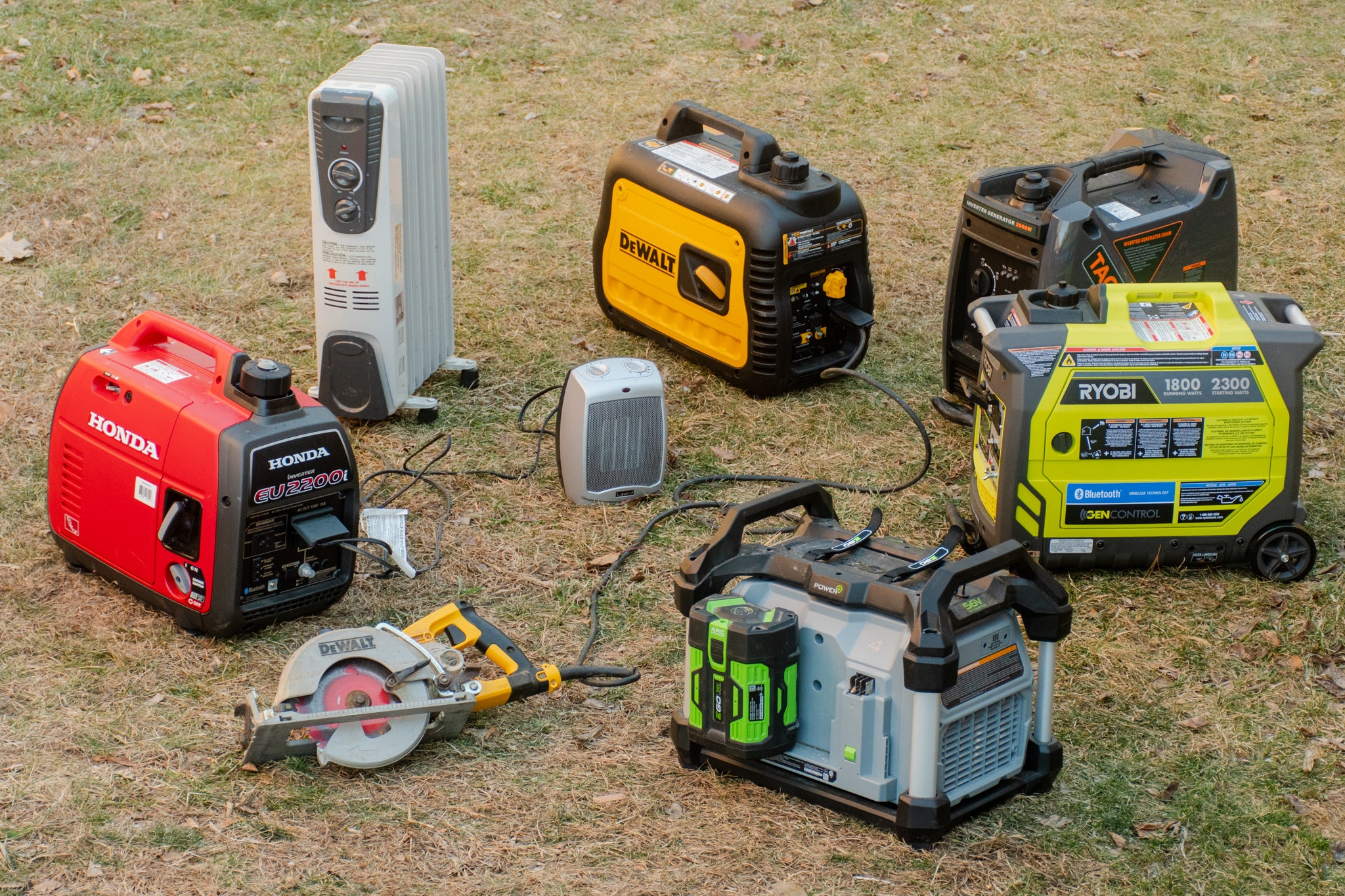
| Generator Type | Portability |
|---|---|
| Inverter Generator | Lightweight and portable |
| Open Frame Generator | Heavyweight and stationary |
Inverter generators are known for their portability as they are lightweight and easy to move around. Open frame generators, on the other hand, are heavier and not as mobile since they are meant to remain in one place.
Cost
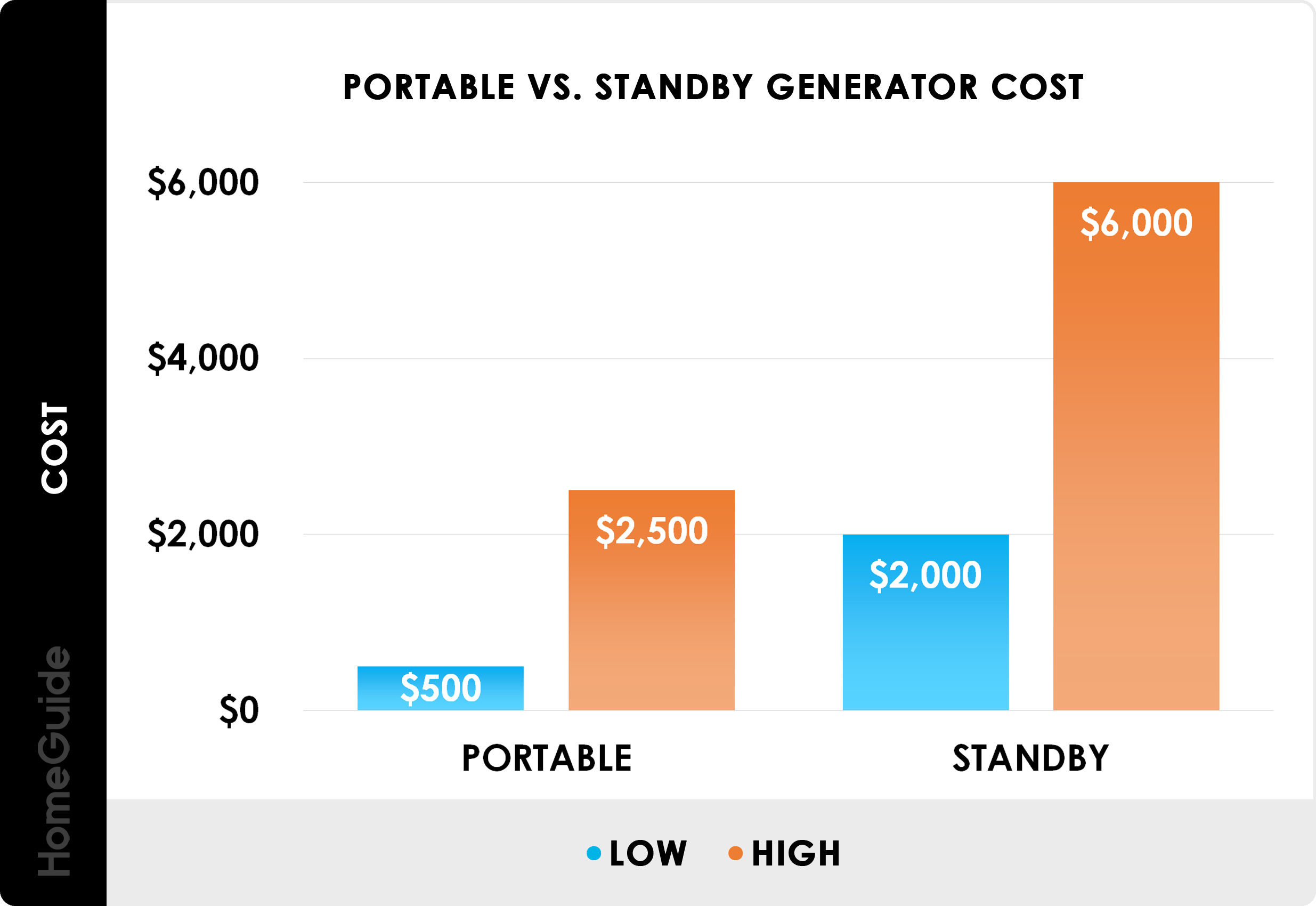
The cost of quiet generators vary greatly depending on the size, wattage, and other features. Smaller portable generators can cost around $500, while a large standby generator can cost up to $10,000 or more. Quiet generators are typically more expensive than standard generators due to their special noise-dampening technologies. However, they can be worth the additional cost if you need a generator that won’t disturb your neighbors or other people in your area.
Popular Quiet Generators
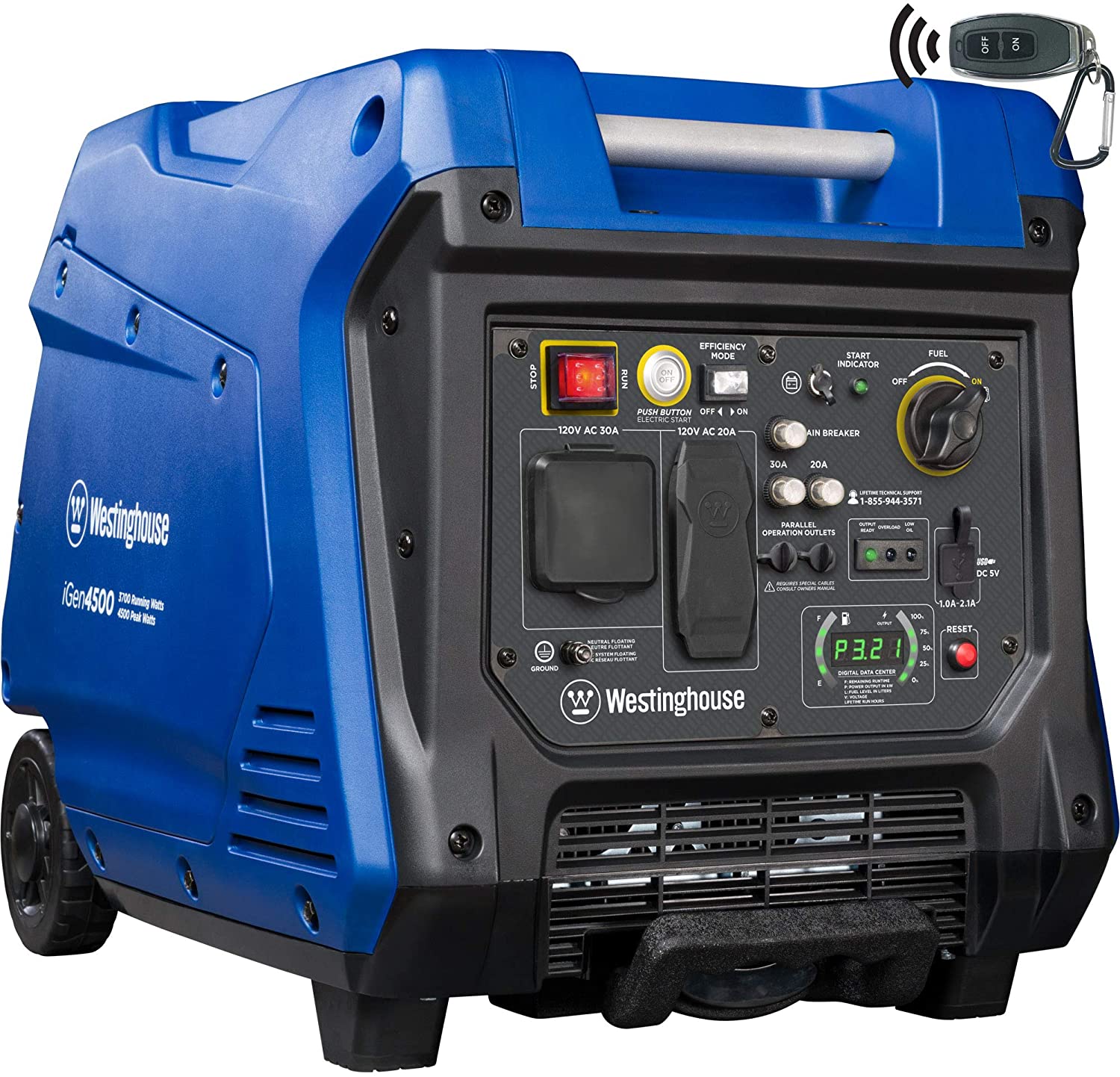
| Name | Power | Noise Level | Price |
|---|---|---|---|
| Honda EU2200i | 2,200 watts | 48 dB | $1,149 |
| Yamaha EF2000iSv2 | 1,600 watts | 51 dB | $1,049 |
| WEN 56310i-RV Super Quiet | 3,100 watts | 51 dB | $829 |
| Westinghouse iGen2200 | 2,200 watts | 52 dB | $499 |
| Champion 3400-Watt Dual Fuel | 3,400 watts | 58 dB | $409 |
When it comes to buying a quiet generator, there are several popular models that offer great performance and value. The Honda EU2200i, Yamaha EF2000iSv2, WEN 56310i-RV Super Quiet, Westinghouse iGen2200, and Champion 3400-Watt Dual Fuel are some of the most popular and reliable quiet generators on the market. They all offer great power output, low noise levels, and competitive pricing.
Tips for Reducing Noise from Generators
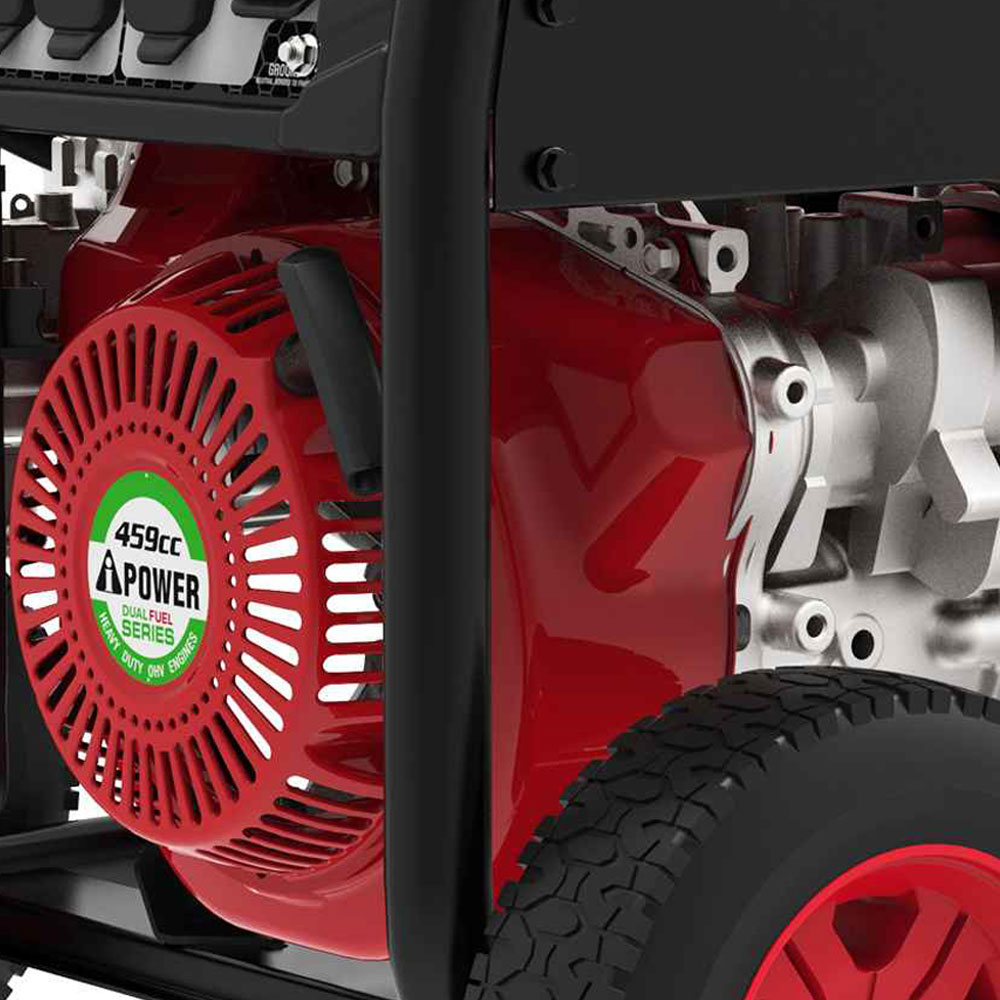
- Ensure the generator is placed away from windows, doors, and other openings.
- Include a muffler on the generator to reduce noise.
- Keep the generator well-maintained to reduce noise levels.
- Place the generator on a flat, solid surface.
- Install a noise-reducing enclosure around the generator.
- Utilize acoustic foam or blankets to reduce noise.
- Use an isolation mount to reduce vibration.
- Install acoustic tiles or other sound-absorbing materials.
Safety Considerations
When using a portable generator, it is important to be aware of safety considerations. Portable generators can produce carbon monoxide, a colorless, odorless, and toxic gas. To avoid exposure to this gas, never run the generator inside your home, garage, porch, or other enclosed area. Always keep the generator at least 20 feet away from the home and out of the reach of children. Be sure to read and follow all of the manufacturer’s instructions and safety warnings on the generator and in the user manual. It is also recommended that you use a Ground Fault Circuit Interrupter (GFCI) to protect against electric shock. A GFCI is an electrical device that automatically disconnects the power in the event of an overload or short circuit.
Maintenance of Quiet Generators
To ensure a quiet generator runs at its best and remains quiet, regular maintenance is required. Firstly, check and replace the generator’s oil and oil filter regularly. Clean the outside of the generator to maintain proper airflow. Inspect the generator for corrosion, any loose or broken parts, or any broken wiring. If necessary, replace the air filter and spark plugs. Check the generator’s battery and have a qualified electrician inspect the wiring and connections.
Pay attention to the generator’s exhaust system. Check it for leaks, blockages, or damage. Make sure the exhaust is properly vented to the outside and away from any living spaces.
Listen to the generator while it runs. If it is making strange or loud noises, contact a qualified technician to inspect and repair it. Also check the generator’s fuel lines for signs of wear and tear.
Finally, inspect the ground connections of the generator, and make sure they are secure and free of corrosion. Make sure to test the generator regularly to ensure it is running at peak efficiency.
Frequently Asked Questions
What is the Quietest 240V Generator?
The quietest 240V generator is the Honda EU2200i, a portable inverter generator. It runs at a whisper-quiet 48-57 dBA and is designed for maximum fuel efficiency and minimum noise levels. It is capable of producing a maximum of 2200 watts of power and has a variety of useful features, such as GFCI protection, a fuel shut-off valve, and a fuel gauge. The Honda EU2200i is also CARB compliant and is ideal for RVing, camping, tailgating, and home use.
What type of generator is the quietest?
Inverter generators are the quietest type of generators, producing only about 50 decibels of noise, about the same as a normal conversation. They are designed to run more efficiently than conventional generators, and their engines run at variable speeds based on the power needs of the device being used. This means that if the load on the generator is low, the engine will run slower and quieter. Inverter generators are also lightweight and portable, making them ideal for camping, tailgating and other outdoor activities.
What is the best small and quiet generator?
The Honda EU2200i is the best small, quiet generator available. It produces 2200 watts of power and runs incredibly quietly, with a noise rating of just 48 dB. It is lightweight, weighing just 46 lbs, and is highly fuel efficient, running for up to 8.1 hours on a single tank. It also features an Eco-Throttle which automatically adjusts the engine speed to match the load, saving fuel and reducing noise. Honda’s advanced inverter technology ensures stable, clean power output.
How can I find the quietest generator?
When researching generators, the most important factor to consider is noise output. Generators can produce a range of decibel levels, from as low as 50 dB to as high as 95 dB. To find the quietest generator, look for one with a low decibel rating. You can also look for features like sound-insulated engines, mufflers, and sound dampening technology. Additionally, research the brand and read customer reviews to get an idea of the actual noise output of the generator.
What is the best way to choose a quiet generator?
When choosing a quiet generator, the first factor to consider is the noise rating. This is measured in decibels (dB) and the lower the number, the quieter the generator will be. It is also important to consider the size of the generator and its fuel type. Generators with larger engines will typically be louder than smaller units. Additionally, diesel generators tend to be quieter than gas-powered units. Lastly, look for features such as noise-reducing enclosures and sound-dampening foam, which can help to reduce noise levels.
Conclusion
The perfect generator for your home or business depends on your individual needs and budget. The size, power output, noise levels, and features of the generator should all be considered to ensure it meets your requirements. If a quiet generator is necessary, researching the sound level of each model and investing in noise-reducing materials is recommended. Additionally, considering fuel efficiency and maintenance requirements can help you find the right generator for your home or business.
